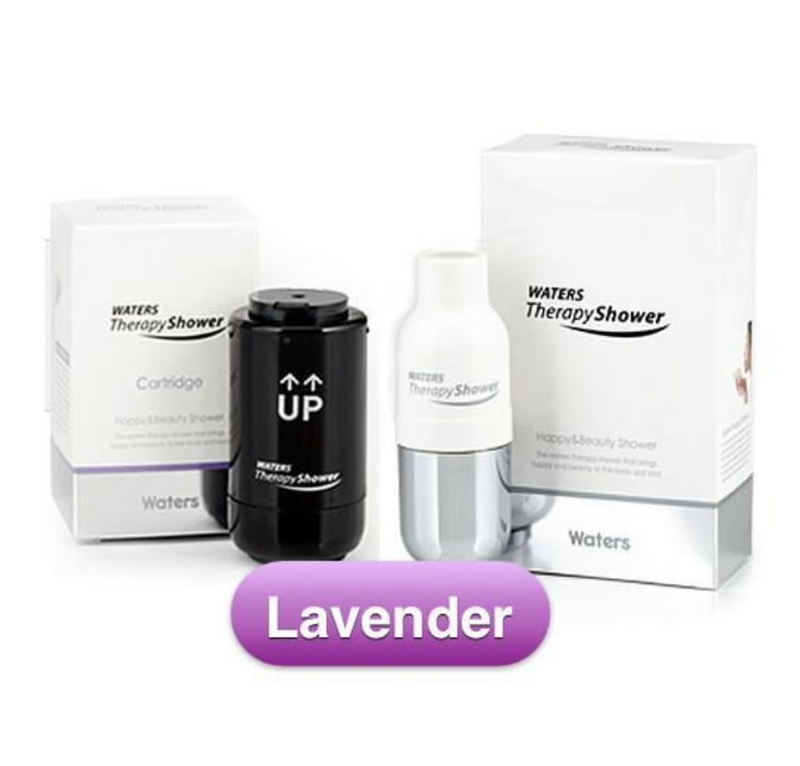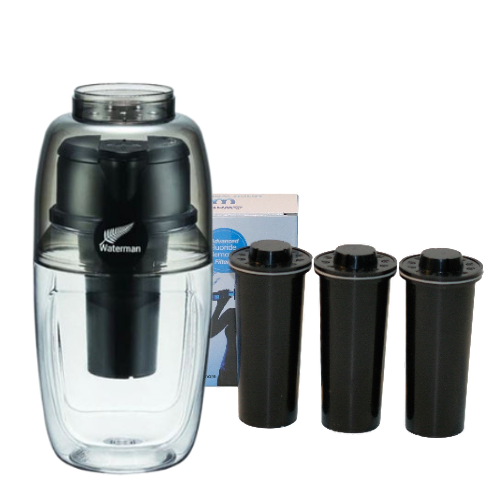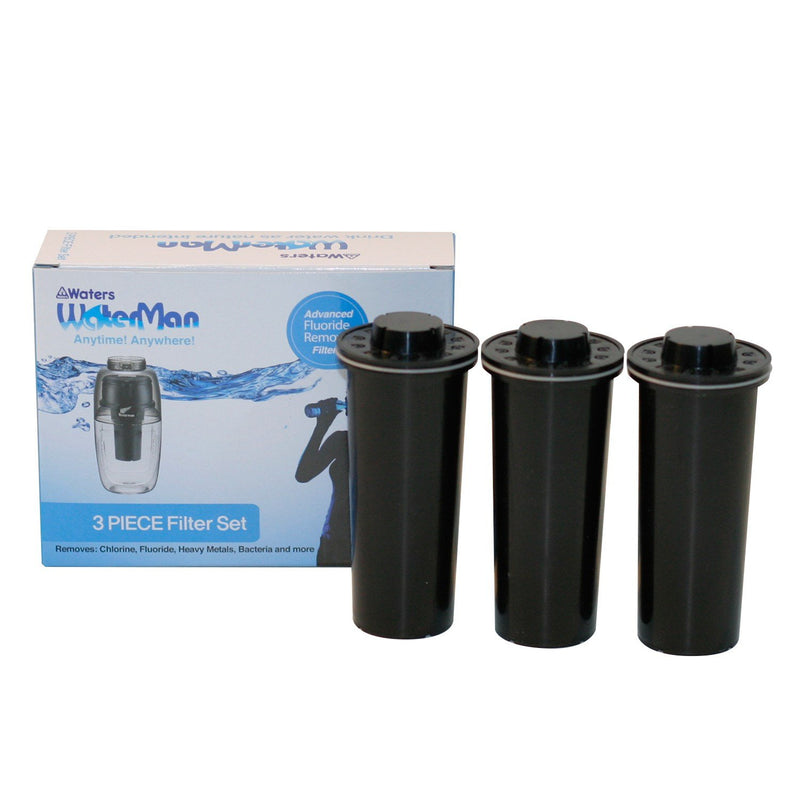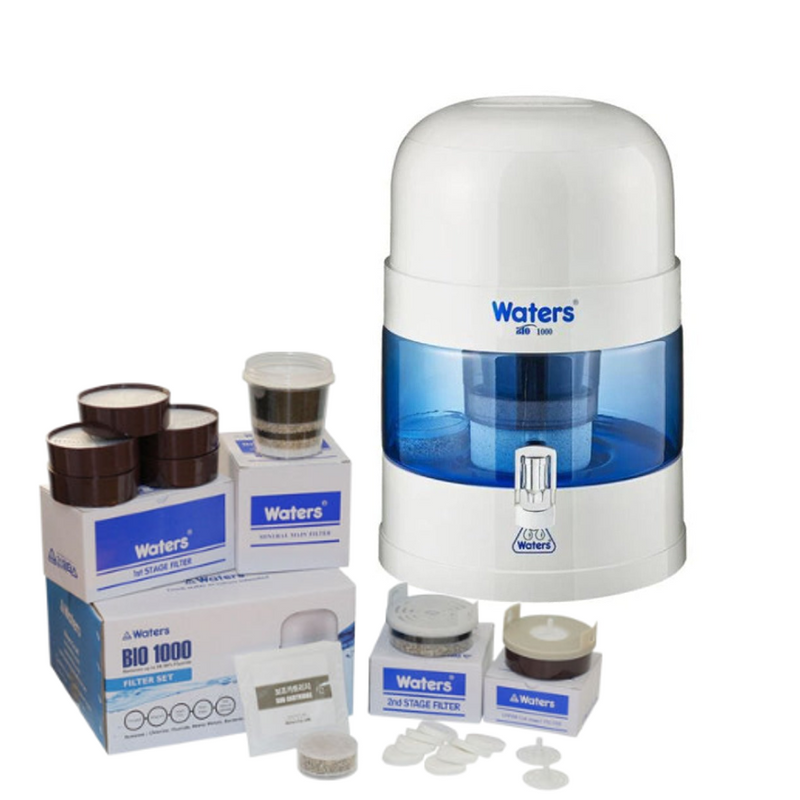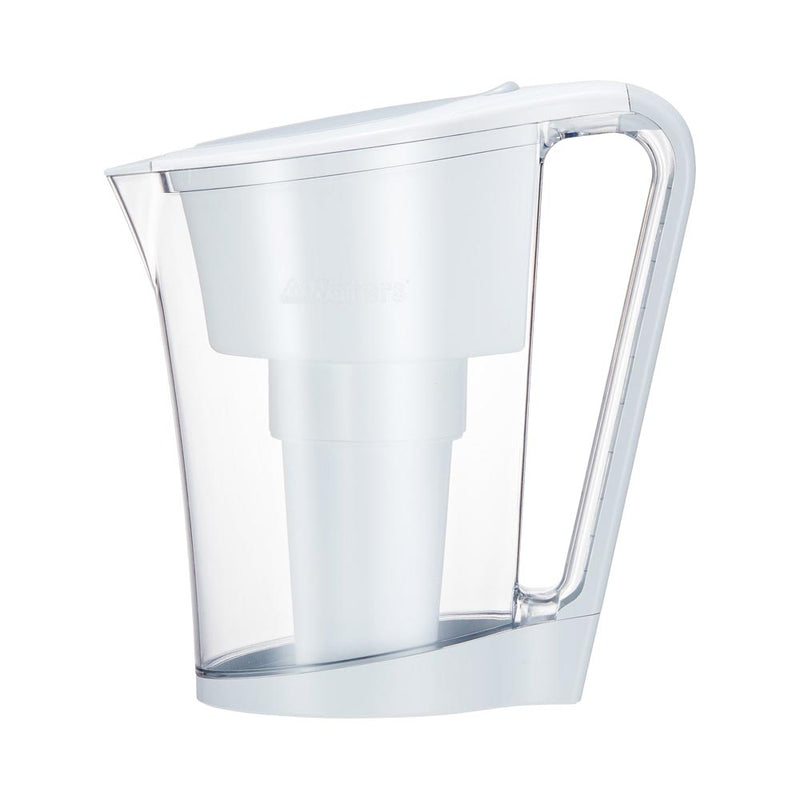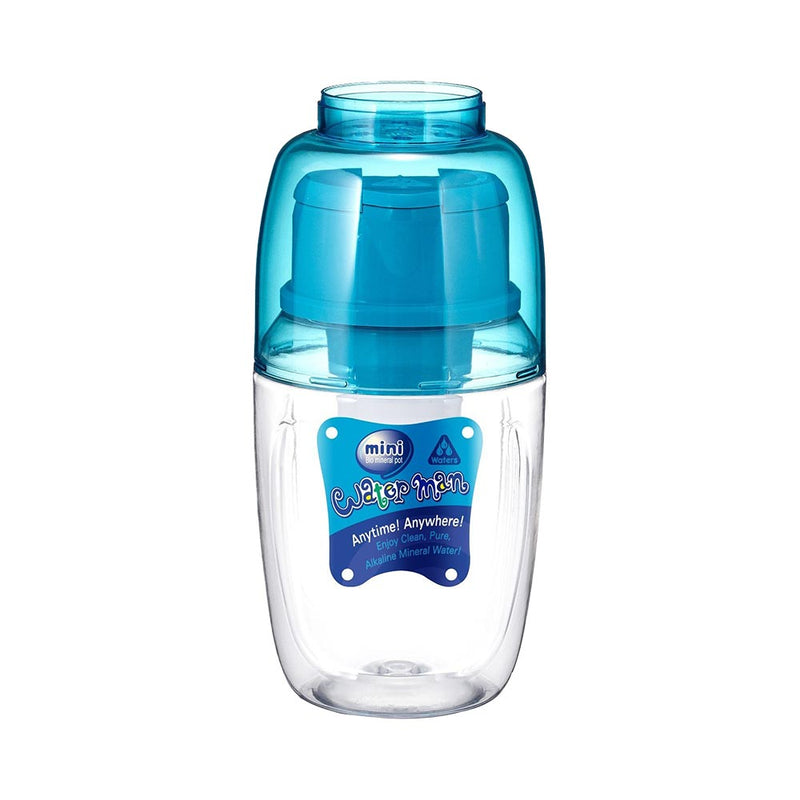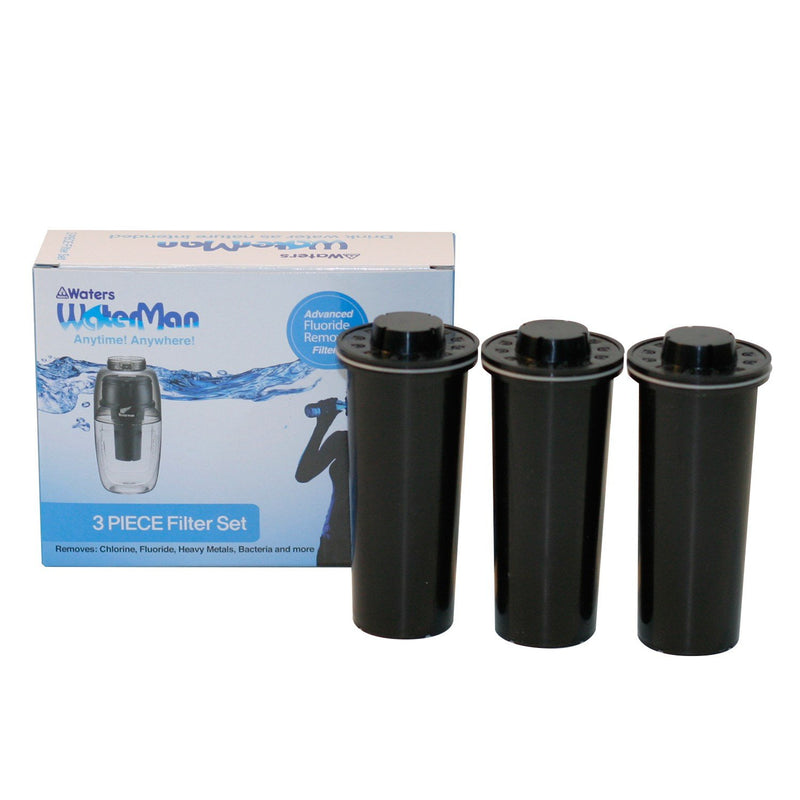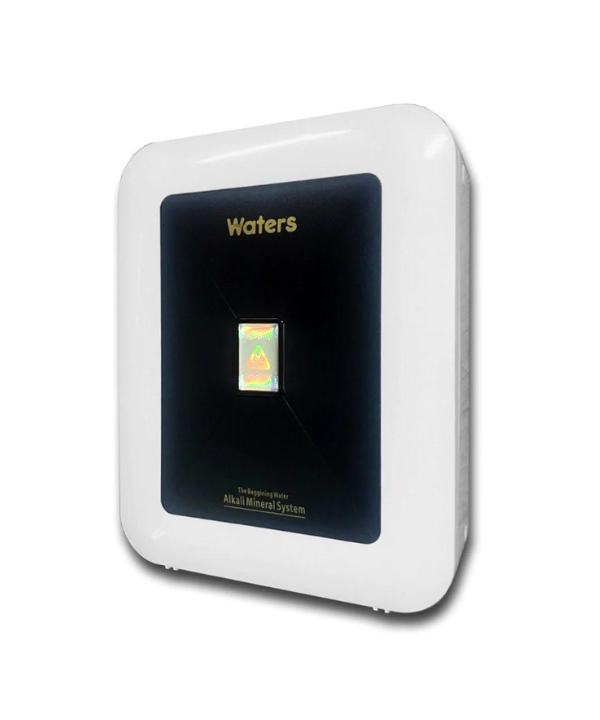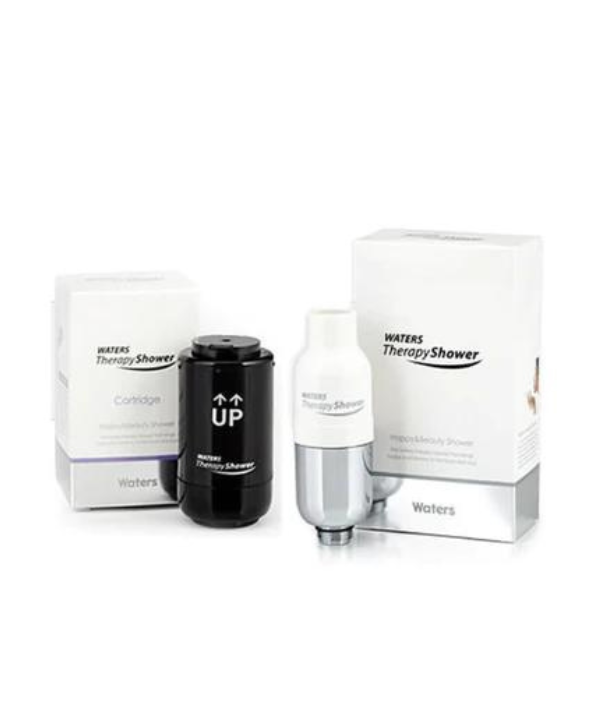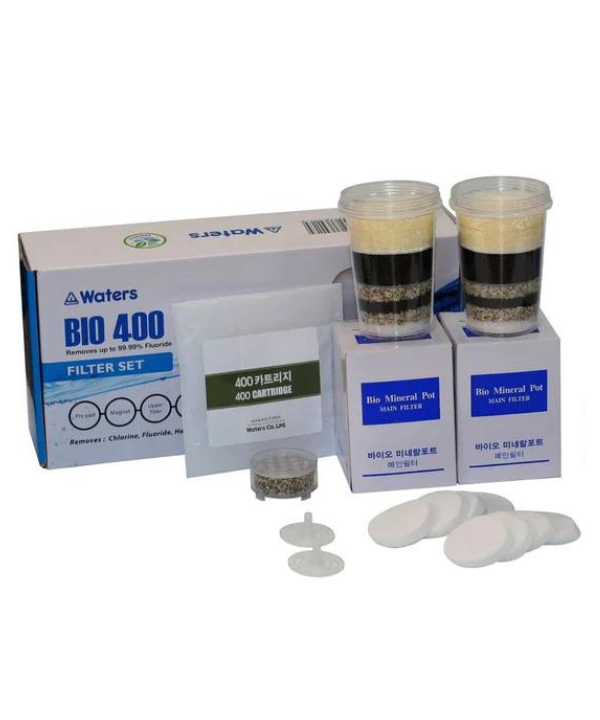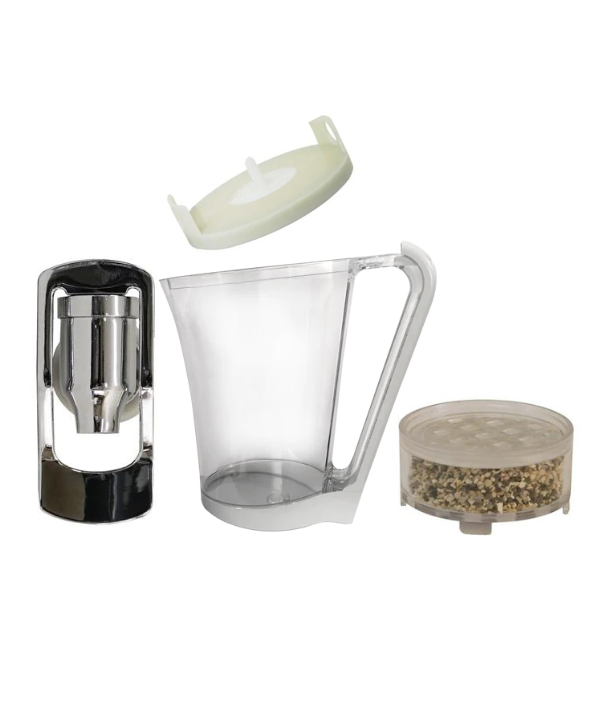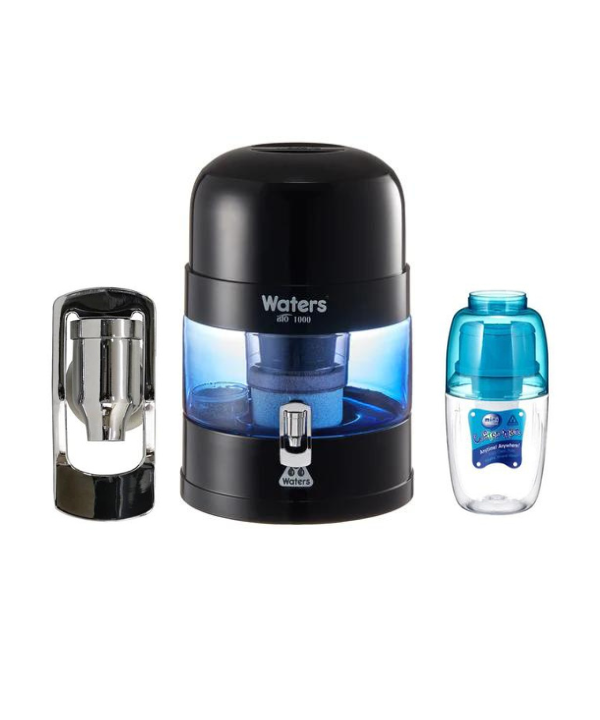What’s Lurking in Your Tap Water

If that subtle scent of chlorine or metallic taste in your tap water has ever led you to wonder what’s in tap water, you’re in for a real surprise. Tap water in Australia, while considered “safe” for drinking, has some startling compounds that have taken up residence in your plumbing and water supplies. And because we use water as a vital resource for cooking, cleaning, and hydration to survive, we’re exposed to these toxic compounds at an alarming rate. While all drinking water must adhere to the Australian Drinking Water Guidelines developed in 2011 by the National Health and Medical Research Council (NHMRC) with the latest update published in December 2023, there’s no guarantee of pure H2O from your tap. In this article, we'll explore potential contaminants in Australian tap water, how they can affect your health, and how to increase water purity.
Where Does Your Tap Water Come From?
In most regions, rainwater reservoirs, rivers and lakes are the primary sources of water. Reservoirs serve as storage to ensure a stable supply. In areas where surface water is scarce, groundwater from aquifers is one solution. Australia’s landscape is diverse; therefore, community populations rely on several types of aquifers depending on where they are located to provide a steady flow of drinking water.
Once the raw water is collected, it enters a complex treatment process to make it safe for drinking. The Australian Drinking Water Guidelines define maximum limits for every component of tap water. To ensure that water is drinkable, it should contain less than 600 milligrams of total dissolved solids per litre and have an acceptable colour and taste.
Water treatment plants use complex treatment processes to meet these requirements. The first step is often coagulation and flocculation, which helps remove dirt and separate large particles from the clean water. Next, the water undergoes filtration. It passes through layers of sand, gravel, and charcoal, which help to remove remaining small particles and microorganisms. The final stage of treatment involves disinfection to kill bacteria, viruses, or other non-visible pathogens. Some water treatment plants also use advanced methods like ultraviolet light or ozone to disinfect the water further.
After treatment, the water is pumped into the distribution system and delivered to homes and businesses.
Is Tap Water Safe to Drink in Australia?
Tap water generally undergoes the same treatment processes across Australia to meet the NHMRC guidelines. However, the quality can still vary by region.
Tap Water in Sydney
Sydney's tap water has a global reputation for quality and safety because it meets and usually exceeds stringent Australian standards. The drinking water supply comes from several dams located outside the NSW capital. It's treated through filtration, chlorination, and fluoridation. While generally safe, occasional complaints about taste and odour do arise. Plus, over the past years, PFOS or PFOA have been found in drinking water across parts of Sydney, levels of which have been warned to be dangerous.
Tap Water in Melbourne
Melbourne's water is sourced from protected catchments. It is believed to be some of the softest water in the country, with average hardness levels reading around 20-30mg/L. Treatment includes coagulation, filtration, and chlorination, with some plants using UV treatment. The water is considered high quality, though some areas experience issues with discolouration.
Tap Water in Perth
Perth relies on groundwater and desalinated seawater. The water undergoes extensive treatment, including desalination, filtration, and chlorination. Even after that, Perth's tap water is significantly harder than average, with mineral levels typically ranging from 121-180 mg/L. The presence of magnesium, calcium, and sodium in high concentrations causes stains and scale build-up around taps, wear on fixtures and appliances and affects water taste.
Tap Water in Brisbane
Brisbane sources its water from dams and treats it with coagulation, filtration, and chlorination. The water quality is generally good, but recently, it has become more earthy and muddied than in other states. To combat the naturally more turbid water, Brisbane water treatment facilities employ coagulants to clump sediment and make it easier to filter.
Tap Water in the Gold Coast
The Gold Coast uses a mix of dam water and desalinated seawater. The water is highly mineralised with calcium and magnesium, making it hard. Treatment processes include coagulation, filtration, and chlorination, producing high-quality drinking water. Independent laboratories conduct regular water monitoring using sampling and testing to ensure the Gold Coast's tap water is safe to drink, but the smell of chlorine, especially in public drinking water sources, can be strong.
Tap Water in Canberra
Canberra gets most of its water from surface rivers and groundwater. Tap water is treated through coagulation, filtration, and chlorination, resulting in generally clean water. However, occasional turbidity from storm run-off and algae issues sometimes affect taste and smell.
Tap Water in Adelaide
Adelaide’s tap water has an unfortunate reputation for being some of Australia's worst-tasting water among capital cities. Adelaide sources water from the River Murray, treating it through filtration, chlorination, and fluoridation. The latest reports prove that water quality meets state requirements, but organic matter in the river still sometimes causes taste and odour problems.
How is Tap Water Made ‘Safe’ for Consumption?
To make tap water drinkable, treatment plants do not just filtrate it but add various chemicals, including:
- Chlorine - a powerful disinfectant widely used in water treatment to kill bacteria, viruses, and other harmful microorganisms. When added to water, it reacts with organic and inorganic substances to form new compounds called disinfection byproducts (DBPs) that eliminate pathogens.
- Chloramine - a combination of chlorine and ammonia, used to maintain water quality during distribution. Unlike chlorine, chloramine remains effective for a longer duration and produces fewer disinfection byproducts, although it can be less effective at killing specific pathogens and requires careful monitoring as it can impact respiratory health.
- Fluoride - is added to tap water to help prevent tooth decay. However, many studies around the world have disproven this. The concentration of fluoride in drinking water is carefully regulated, yet its accumulative effects can be harmful to health, especially where calcium levels are high, causing stiff joints and brittleness.
- Aluminium Sulphate - a coagulant in water treatment used to remove suspended particles. The use of alum is a critical step in ensuring that the water is free from turbidity, dirt, bacteria, and other impurities. However, it can deliver oxidative stress on the brain, kidneys and liver and can enhance free radicals.
What's in Tap Water: Common Contaminants

Despite rigorous treatment processes, tap water can still contain a variety of contaminants, and the effect on humans of these chemicals is now being realised more than ever. Contaminants may originate from natural sources, industrial activities, agricultural runoffs, or the distribution system itself.
Common contaminants found in tap water include:
- Lead. A toxic metal that can be dangerous even at low exposure levels. It often contaminates tap water through corroded lead pipes, solder, or brass fixtures. Lead exposure is particularly dangerous for children, potentially causing developmental issues, reduced IQ, and attention disorders. In adults, it may lead to hypertension, kidney damage, and reproductive problems. Although water suppliers work to minimise lead levels, ageing infrastructure can still pose a significant risk.
- Mercury. Mercury contamination in water is typically a result of industrial pollution. Factories, refineries, and landfills can release mercury into the environment, where it eventually finds its way into water sources. High levels of mercury exposure can cause serious health problems, including kidney damage and impaired neurological development in foetuses and young children. Chronic exposure to lower levels can still result in vision, hearing, and motor function impairments.
- Germs. Pathogenic microorganisms, including viruses, bacteria, and parasites, can be present in tap water. These germs may come from sewage overflows, agricultural run-off, and animal waste. Common waterborne pathogens include Cryptosporidium, Giardia, and E. coli and can lead to gastrointestinal illnesses characterised by diarrhoea, vomiting, and cramps. A severe infection can be life-threatening, especially for people with weakened immune systems.
- Chlorine and Chloramine Byproducts. Chlorine and chloramine are used to disinfect water and ensure the pesticides introduced to canals, rivers, lakes, and streams to destroy invasive insects, plant matter, and marine life have been neutralised to a safe level. However, their reaction with natural organic matter can form DBPs and endocrine disrupters, including trihalomethanes (THMs) and haloacetic acids (HAAs). Long-term exposure to these compounds has been linked to an increased risk of liver, kidney, and central nervous system problems, as well as interference with the reproductive, immune and nervous systems.
- Forever Chemicals. Man-made chemicals perfluorooctane sulfonate (PFOS) and perfluorooctanoic acid (PFOA) are classed along with several others under a broader category of substances known as PFAS chemicals, which have been found in unsafe levels in our water supply. While associated health issues are still emerging, these types of degradation-resistant chemicals are potentially harmful as, over time, their bioaccumulation can lead to cancer, decreased fertility and hormone disorders, reduced immunity and vaccine intolerance, developmental effects on children and high blood pressure during gestation.
- Fluoride. Water fluoridation began in Australia in the 1960s to promote dental health. However, this belief is now being reversed as studies show that long-term exposure to fluoride can cause dental fluorosis, which results in staining and pitting of the teeth. Skeletal fluorosis, a condition caused by fluoride accumulation in the bones, can result in joint stiffness and pain, increasing the risk of fractures.
- Heavy Metals. In addition to lead and mercury, other heavy metals such as arsenic, cadmium, and chromium can be found in tap water. These metals can enter water sources through natural mineral deposits, industrial processes, and agricultural activities. Long-term exposure to heavy metals can cause various health problems, including cancer, cardiovascular diseases, and neurological damage.
- Microplastics. Tiny plastic particles have been increasingly detected in water supplies. They can come from a variety of sources, including plastic waste, personal care products, and synthetic fibres. Studies on microplastics in drinking water are still in progress, but there are concerns about their potential impact on the immune system, gastrointestinal tract, and overall health since they can harbour chemicals and toxins.
Pros and Cons of Tap Water
Tap water has significant advantages and notable drawbacks. On the positive side, tap water is highly accessible and convenient, providing a ready water supply for drinking, cooking, and cleaning. It is also cost-effective, as it is significantly cheaper than bottled water, which results in less environmentally harmful waste, such as ocean plastics and microplastics. Moreover, municipal water supplies are regulated and treated to meet safety standards, ensuring the water is safer for consumption.
Despite and including rigorous treatment, tap water can contain dangerous contaminants that affect taste and odour and may pose health risks over time. So, regardless of the benefits of having cheap water from your tap, the cost to your health may outweigh the convenience and highlight the need for additional filtration systems.
How to Make Tap Water Better and Safer for Drinking

The best way to make your tap water safer and more enjoyable to drink is by using home water filters. They are designed to remove harmful contaminants that are found in tap water even after and often because of treatments, significantly lowering the health risks associated with contaminated water.
Home water filters come in various designs, so you can choose the right one depending on your specific water quality concerns, usage needs, and budget:
- Water filter jugs - Simple and effective, they are great for everyday use and can reduce chlorine, lead, and other impurities, improving taste and safety.
- On-bench water filters - These provide more comprehensive filtration and are ideal for family kitchens, offering a higher capacity and convenience than jugs.
- Under-sink water filters - Installed directly under the sink, they provide a continuous supply of purified water without taking up counter space. They are more effective at removing contaminants than other filters and are a great alternative for households and offices.
- Water filter bottles - Convenient, lightweight, and portable, they are ideal for purifying water on the go, especially while travelling. They can enhance water taste and odour and also encourage greater water consumption, which is essential for health.
Whatever option you choose, using home water filtration systems is convenient, safe, cost-effective, and environmentally friendly. They enhance water quality and reduce the need for bottled water, thereby helping to minimise plastic waste.
Explore Waters Co Filter Range
Waters Co offers a selection of high-quality water filtration systems that can help you achieve cleaner, healthier water. From portable water filter bottles to advanced under-sink filters, our products are designed to meet your needs. Reach out today to connect with one of our experienced water filtration consultants to find the perfect water filter for your home or business and reap the benefits of purified water.


